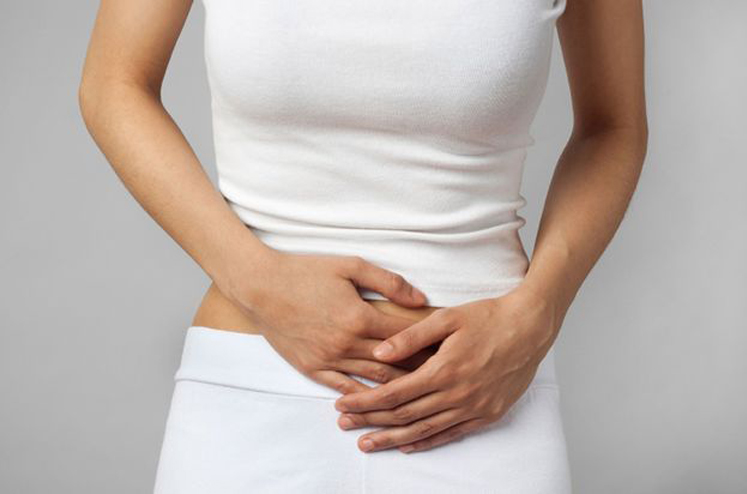Urinary incontinence = loss of bladder control or urine leakage .
Urinary incontinence is defined as involuntary loss of urine which is observed and demonstrable. It causes hygienic problems and also inconvenience in social life.
Urinary incontinence is the escape of urine due to loss of control either with coughing, sneezing or laughing. It is of brief period and coincides with increased intra-abdominal pressure. The patients are fully aware of the leak. It rarely occurs in lying down position or during sleep. It is not associated with a desire to pass urine.
The causes could be many for urinary incontinence in women such as
- Incompetence of the sphincter,
- overactivity of the detrusor muscle in urinary bladder,
- combination of sphincter incompetence and detrusir muscle overactivity,
- urinary tract infection,
- fistula formation in bladder.
Other than these, medical history details should be taken (diabetes, chronic lung disease, neurological disease), surgical history (related to spine and genitourinary tract) and any current medications (sedatives, antipsychotics) should be ruled out as they may have relevance with urinary incontinence.
Urinary incontinence occurs when there is rise in the pressure within urinary bladder over that of maximum urethral pressure.
However there are certain risk factors which could lead to the state of urinary incontinence such as
- Childbirth trauma damaging the pelvic floor and pubocervical fascia.
- Increasing age is one unavoidable risk factor
- Obesity is major cause these days particularly in women of age more than 30 years.
- It may be functional in pregnancy related to high level of progesterone
Urinary incontinence in women can also be studied in categories :
- Stress incontinence: characterised by leakage of urine with presence of stress, less urine output,no prior urge of urination and patient is fully aware of it.
- Urge incontinence: known by the symptoms of large amount of urine flow, patient being aware of urge to urinate, there is urgency and frequency of urination
- Detrusor instability: establishes itself by abrupt incontinence even without full bladder, large amount of urine, patient unaware of it, frequency and urine excess during nights.
The treatment of urinary incontinence becomes important as there is a certain element of fear associated with it causing social embarrassment. But not many women complain about it as a single symptom unless it becomes associated with any other major genitourinary disease.
Positive Homeopathy has specific treatment for urinary incontinence in women and the aim of the treatment directed to achieve three objectives :
- To restore the normal functions of the muscles involved, pelvic and urethrovesical junction.
- Strengthening the support required for the urethra
- Avoid surgery
The homeopathic medicines are safe for women and they do not cause any side-effects enabling them to start the treatment from the comfort of the home without hospitalization.
A detailed comprehensive constitutional approach is implemented by the experienced doctors at Positive Homeopathy Clinics to ensure quick and long-term results aiming for permanent solution. The patients are advised to continue treatment for certain duration as it might take time to bring back the normalcy.

